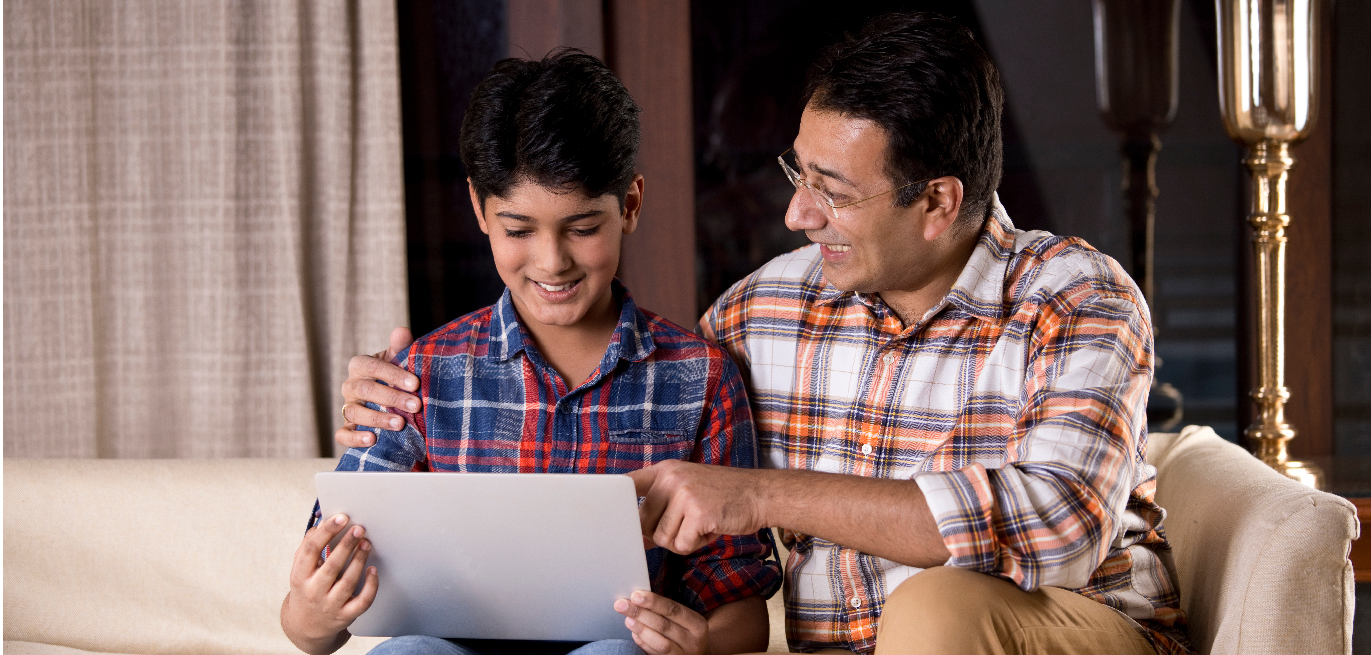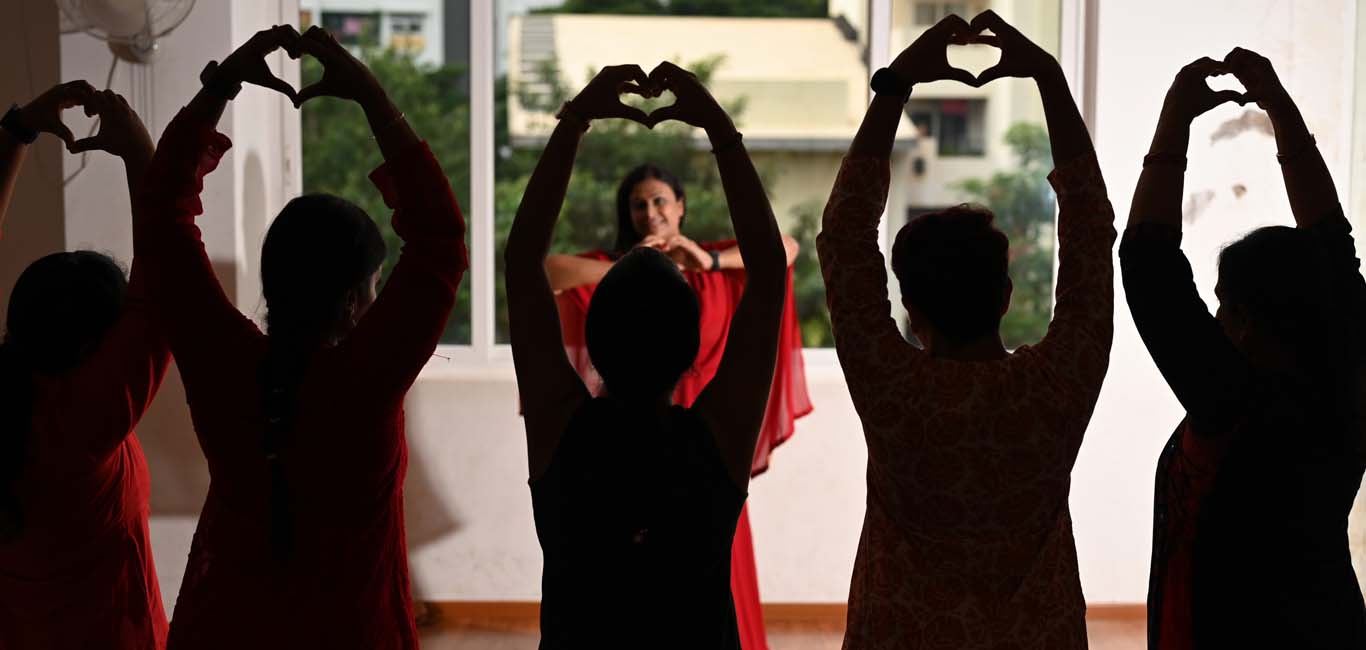
Adolescence is a period of critical growth, which affects not only the body and mind of young adults but also the way they interact with the world.
Minding manners
Dr Parth Nagda, consultant psychiatrist at Kokilaben Dhirubhai Ambani Hospital in Navi Mumbai, says, “In our brains, the task of impulse control and applying foresightedness is done by the prefrontal cortex, which properly develops at the age of 21 to 25, and helps with judgemental decisions.”
As this part of the brain is not fully developed in adolescents, they lack proper judgement and are impulsive. Hormonal change is another reason for impulsive behaviour in teenagers, he says. It is a phase where they start to become independent, hence, they want their own identity. This is one of the reasons behind conflicts with elders. “At this age, they want to take their own decision, but they don’t have the capacity to do a good job of it. So, they come in conflict with their parents,” he adds.
Social and emotional needs
The desire to fit in is one of the biggest social needs for young adults. As they realise they are almost adults, their need for validation extends beyond the family. “Their need to feel wanted and to belong can make them easily distressed. As a result, they display quick mood changes and appear over-sensitive,” says Dr Sowmya Krishna, Bengaluru-based consultant psychiatrist, and founder and head of General Psychiatric Services. Even if they feel that they have not got into a desired peer group, they might become emotionally distressed.
She adds that the feeling they are not understood and the fear of not meeting the expectations set by family and society is another major reason for distress among adolescents.
Peer pressure
Friends and peers influence children’s behaviour, appearance, interests, sense of self, and self-esteem. When they fail to imitate their peers, they become aggressive or short-tempered.
Role of parents in making them comfortable and helping them deal with changes
Dr Krishna suggests having open conversations with adolescents. This involves listening to their questions and responding to them according to their age. Experts urge parents to respond in a clear and crisp manner without being patronising.
She says that sometimes parents may need to repeat their responses to allow their children to process the information and initiate interaction. “One may have an hour-long conversation with them, but the child may ask the same question later. So, one must be patient in answering,” she adds.
The reason behind unwanted behaviour
Madhurima Acharya, academic coordinator (senior school), Delhi Public School Newtown, Kolkata, says that parents and guardians should know the root cause of their child’s unwanted behaviour. It might be in school, at home, due to peer pressure, bullying or even social media.
Anirudh Mitra, a Class 12 student from Kolkata stopped connecting with friends and family. After undergoing counselling, he disclosed that he was being bullied by his classmates for his short height. This had led him to becoming rude to and distant from others.
Acharya says that counselling is the only way to make them understand the right and wrong of some behaviour. Counsellors try to understand what bothers them and then try to find a solution, she adds.
Some parents are occupied with their own work while others are highly possessive and guide their children at every step. In both conditions, the child does not understand how to behave and gets demotivated. In such a condition, parental counselling is done, she says.
Fifteen-year-old Arpita Sahay from Kolkata is a rebellious child. During counselling, she said that she did not like her mother interfering in her activities and had begun to blindly disobey her after a point.
“During counselling, we make sure that we instil trust among parents and children because they spend the maximum time with each other. Children should respect and obey their family values,” says Acharya.
“We tell teens to ensure two things before taking any action: whatever you do, inform your parents, and don’t do anything that you cannot share with your parents.”
Value your teen’s emotions
This is a phase when young people look for validation. Dr Krishna says, “For instance, if you see your child crying after they have been hurt, try not to trivialise it.” Parents need to be mindful of their language and be respectful as children often observe these things.

















